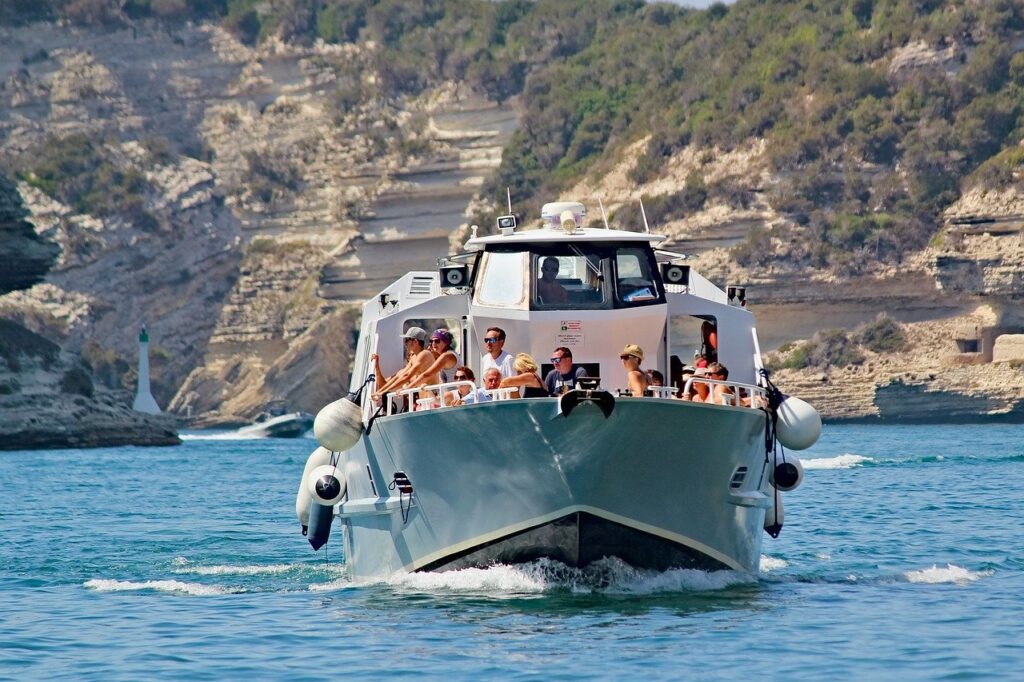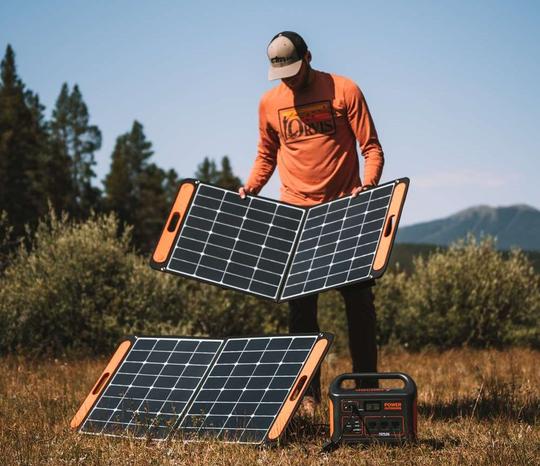Travel Vs Trip for leisure or business purposes, Travel refers to the act of going from one place to another, while a trip refers to a planned excursion for leisure or business purposes. Travel involves the actual process of moving from one location to another, while a trip encompasses the entire experience, including activities, accommodations, and sightseeing.

When discussing “travel” and “trip,” especially in the context of leisure or business, it’s important to recognize the subtle distinctions between these terms.
Travel for Leisure or Business
“Travel” refers to the broader concept of moving from one place to another, often over long distances and potentially involving multiple destinations. This term can be applied to both leisure and business contexts. When you say “I love to travel,” you’re expressing a general passion for exploring different places, regardless of the purpose. Travel might involve various forms of transportation, extended periods away from home, and the overall experience of being in different environments.
For business purposes, “travel” refers to the act of moving from your home base to another location for work-related reasons. This could involve flying to different cities for meetings, attending conferences in another country, or even traveling regularly as part of your job, like being a traveling salesperson or consultant.
Trip for Leisure or Business
A “trip,” on the other hand, is more specific and refers to a particular journey or outing, often with a defined start and end. A trip usually has a clear destination and purpose, whether for leisure or business. For example, a weekend trip to the beach or a business trip to New York is focused on a specific objective, such as relaxation or attending a meeting. Trips are typically shorter in duration compared to the broader scope of travel.
In the leisure context, a trip could be a vacation, a weekend getaway, or any short journey planned for pleasure. In a business context, a trip usually refers to a journey taken for work, such as traveling to a client’s office, attending a seminar, or meeting with partners.
Summary
In summary, “travel” is a general term that can encompass a range of journeys, whether for leisure or business, and often implies an ongoing or broader experience. “Trip,” however, is more specific, denoting a particular journey with a clear purpose and timeframe, whether it’s a vacation or a business-related outing. Understanding these distinctions can help you communicate more precisely about your journeys, whether you’re planning a relaxing holiday or a productive business engagement.
Understanding the difference between travel and trip is important for effectively communicating your experiences and intentions. Although these terms are often used interchangeably, they have distinct meanings and connotations.
“Travel” refers to the overall act of moving from one place to another, usually covering a broader scope. It encompasses the entire experience of journeying, whether for leisure, business, or other purposes. Travel can be local, national, or international and doesn’t necessarily imply a specific destination or duration. For example, when someone says, “I love to travel,” they are expressing a general passion for exploring different places and cultures. Travel can be ongoing, like when someone travels for work regularly, or it can involve multiple destinations, like when someone takes a year off to travel the world.
On the other hand, a “trip” is more specific and refers to a particular journey or outing with a defined purpose and duration. A trip often involves traveling to a single destination and typically includes a planned return. For instance, a weekend trip to the mountains or a business trip to New York clearly defines both the purpose and the timeframe of the journey. A trip is usually a subset of travel; you travel to take trips.
In summary, travel is a broader concept that includes the action of going places, while a trip is a specific instance or event within the broader scope of travel. Understanding these nuances helps in choosing the right word for the context, whether discussing general experiences or particular journeys.
Whether you are a seasoned traveler or planning your first trip, understanding the difference between travel and a trip can help you better plan and enjoy your journey. We will explore the distinctions between travel and a trip, highlighting their unique characteristics and offering insights to help you make the most of your next adventure.

Choosing the best time to “travel” or take a “trip” for leisure or business purposes depends on several factors, including the destination, your goals, and your personal preferences. Here’s a breakdown to help you determine the ideal timing for both scenarios:
Best Time to Travel for Leisure
When planning travel for leisure, consider the following:
- Seasonal Preferences:
- High Season: Traveling during peak season often means better weather and more events, but also higher prices and larger crowds. This is ideal if you want to experience the best a destination has to offer, like skiing in winter destinations or enjoying summer at the beach.
- Shoulder Season: The shoulder season, just before or after peak season, offers a balance of good weather, fewer crowds, and lower prices. It’s a great time for those who want to enjoy popular destinations without the hassle of peak season.
- Off-Season: Traveling in the off-season can save money and avoid crowds, but it may come with less favorable weather. It’s best for budget travelers or those looking for a more laid-back experience.
- Holiday and Festival Timing:
- Planning your trip around local holidays and festivals can enhance your experience. However, be aware that these times can also lead to higher prices and crowded conditions.
- Personal Availability:
- Your own schedule plays a crucial role. Whether it’s aligning with school vacations, work breaks, or personal milestones, choose a time when you can fully relax and enjoy your trip.
Best Time to Take a Trip for Business
When planning a business trip, consider these factors: Travel Vs Trip for leisure or business purposes
- Industry Events and Conferences:
- Timing your trip to coincide with industry-specific events, conferences, or trade shows can provide networking opportunities and valuable insights. These events often occur at specific times of the year, making your timing crucial.
- Business Cycle:
- Consider your industry’s business cycle. For instance, retail business trips may peak during holiday seasons, while others may be more active during fiscal quarters or project deadlines.
- Destination Considerations:
- The destination’s business climate can influence your timing. For example, traveling to certain regions during their national holidays or vacation seasons might mean that key contacts are unavailable.
- Cost Considerations:
- Business trips are often constrained by budget, so consider traveling during off-peak times when flights and accommodations are cheaper. This is especially important for companies looking to manage travel expenses.
- Availability of Key Stakeholders:
- Ensure that your trip aligns with the availability of key people you need to meet. This might require coordinating schedules across multiple time zones or business calendars.
Summary
- For Leisure Travel: The best time to travel is highly personal, depending on your desire for good weather, cultural experiences, budget considerations, and personal availability. Shoulder seasons often offer the best balance.
- For Business Trips: The best time to take a trip is determined by industry events, the business cycle, cost-effectiveness, and the availability of stakeholders. Timing your trip to maximize productivity and minimize costs is key.
In both cases, planning ahead and considering the specific factors that influence your goals will help ensure a successful and enjoyable journey.

Frequently Asked Questions For Travel Vs Trip Exercises
What Is The Difference Between Traveling And Taking A Trip?
Traveling involves exploring new places, experiencing different cultures, and immersing yourself in local customs. Taking a trip usually implies a planned visit to specific destinations for a set period.
Which One Is More Suitable For Sightseeing, Traveling Or Taking A Trip?
Both traveling and taking a trip can be suitable for sightseeing. However, traveling allows for more flexibility and the chance to discover hidden gems beyond typical tourist attractions.

How Does Traveling Differ From Taking A Trip In Terms Of Experiences?
While taking a trip often focuses on popular tourist destinations, traveling offers more authentic experiences, including interacting with locals, trying local cuisine, and immersing oneself in the local culture.
Conclusion
In essence, both travel and trip exercises offer unique benefits. It’s important to find a balance between the two to maximize the enjoyment and health benefits of each. By incorporating a variety of travel experiences and physical activities, individuals can achieve a well-rounded lifestyle that promotes both mental and physical well-being. Travel Vs Trip for leisure or business purposes.
Travel Vs Trip for leisure or business purposes. When planning your next journey, whether for leisure or business, understanding the distinction between “travel” and “trip” can greatly impact how you approach your planning. While these terms are often used interchangeably, they carry different connotations that influence the experience and objectives of your journey. “Travel” typically refers to the broader act of moving from one place to another, encompassing the entire experience of exploration, discovery, or work-related movement. In contrast, a “trip” is more specific, referring to a particular journey with a clear purpose, destination, and timeframe. Recognizing these differences is essential, especially when deciding the best time to embark on either a leisurely adventure or a business-related excursion.